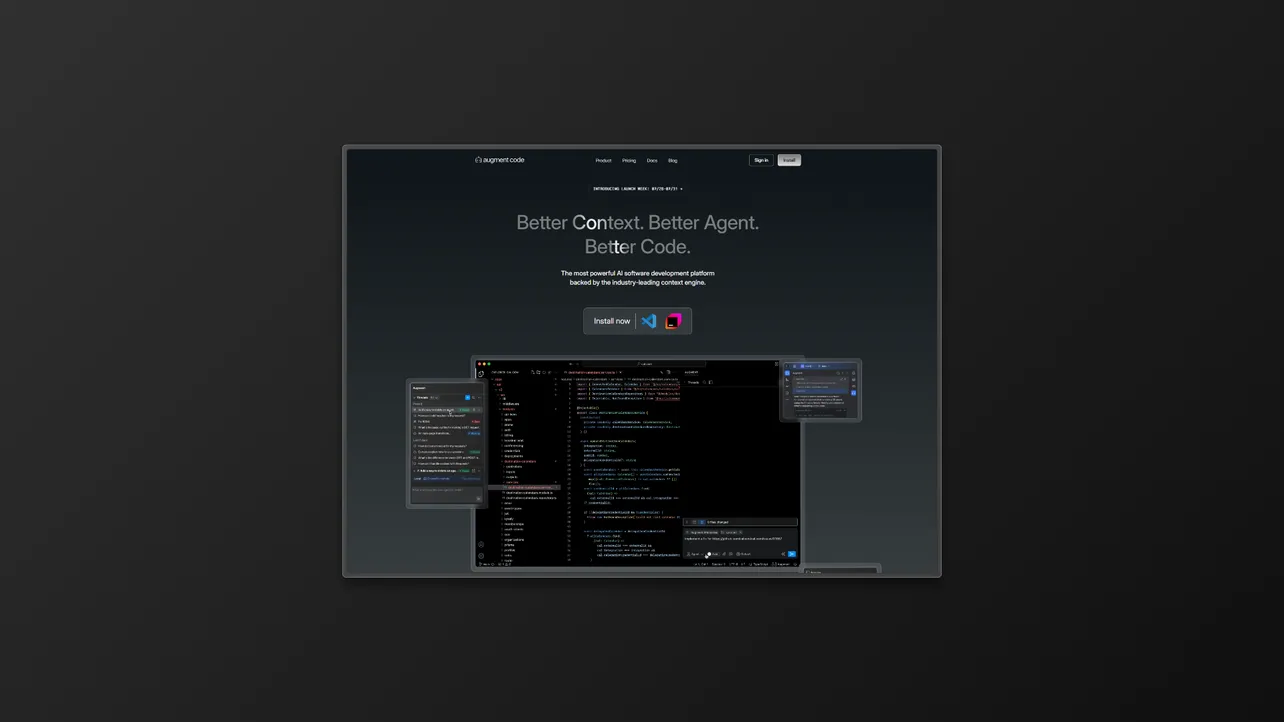Roo Code is an open-source AI assistant designed to live inside your codebase. It doesn’t ask you to switch tools or buy into a closed ecosystem. You run it locally, and it helps you write, refactor, and review code using natural language.
It’s early-stage, but it already supports most of the common workflows devs use Copilot or ChatGPT for, just without the black box.
What does Roo Code do?
Roo is meant to be run in your terminal or editor. You prompt it with something like:
“Refactor this function to use a dictionary instead of if/else.”
And it will:
- Parse your existing code
- Make contextual suggestions
- Edit the file inline
- Leave comments if it’s unsure
- Respect your file structure and setup
Because it’s open-source, you can also fine-tune or self-host it. And unlike cloud-based AI tools, you control what it sees, and what it sends (if anything).
Key Features
- Local and offline support
- Full transparency (open-source model and logic)
- Prompts that work across files
- Basic debugging help
- Pull request summary generation (early feature)
It’s not trying to replace your IDE or your team. It just quietly helps you write better code without wandering outside your project boundaries.
Pricing
- Free: Fully open-source (MIT license)
- Self-hosting optional: No SaaS version yet
- No locked-in tiers or proprietary models
Great for devs who want AI help without the vendor lock-in or privacy trade-offs.
What people are saying
“Roo feels like Copilot if I could open the hood.” - @arjuncodes
“The prompts are solid. The transparency is better.” - @devmarauder
“Still rough around the edges, but I trust it more than some black-box SaaS.” - @nixonsyntax
You’ll hear that it’s not as polished or fast as tools like Cursor. That’s true, for now. But for folks who care about local-first dev and keeping control of their stack, Roo Code hits a sweet spot.
Should you use it for vibe coding?
If you care about speed, privacy, and hackability, yes.
Roo Code is great when you’re experimenting, especially if you’re writing something custom, weird, or sensitive. You’re not sending code to some unknown cloud, and you can tweak the assistant’s behavior whenever it doesn’t quite work.
Use it when:
- You don’t want to share code with third parties
- You’re working on a private repo or NDA project
- You want to stay fast but in control
- You’re comfortable tweaking config or prompts
How Does it Compare?
| Tool | Positioning | Best For | Pricing |
|---|---|---|---|
| Devin | Autonomous AI engineer | Large-scale refactoring & grunt work | $20–$40/mo |
| Cursor | AI-first code editor | Daily dev work, debugging, refactors | $20–$40/mo |
| GitHub Copilot | Autocomplete + AI pair programmer | Typing speed-up & boilerplate | $10–$19/mo |
| Sweep | PR ticket taker | GitHub ticket automation | Free – $30/mo |
| CodexCLI | Chat in your terminal | Running, editing, and debugging in-shell | TBD |
| Roo Code | Open-source AI assistant | Writing and refactoring local projects | Free |
| bolt.new | Prompt an app into existence | Full-stack app generation and deploy | Free – $29/mo |
| Sourcery | Python refactoring tool | Improving readability and performance | Free – $12/mo |



